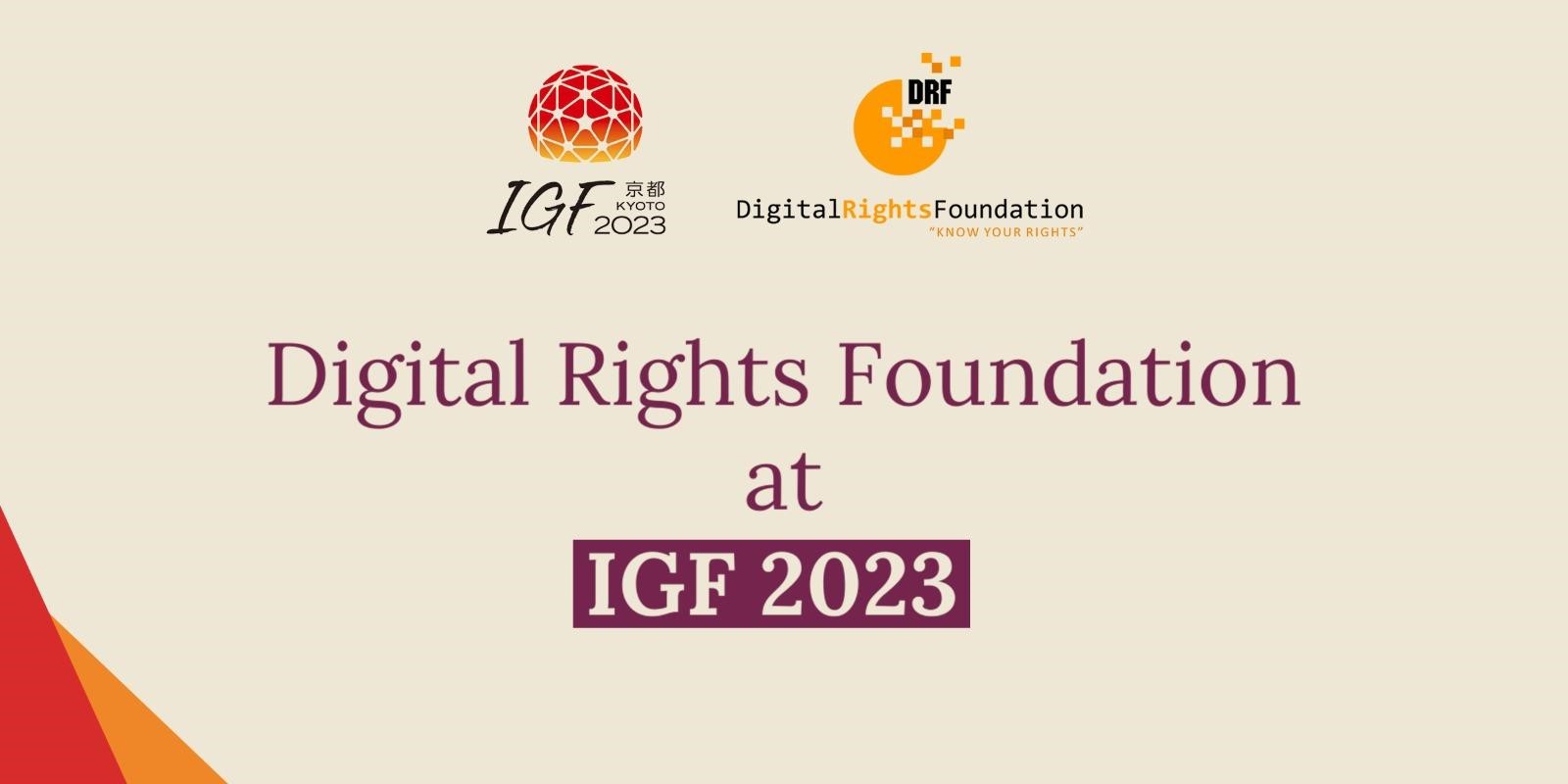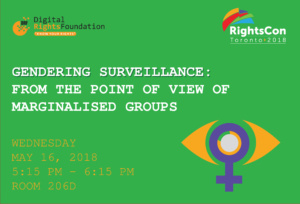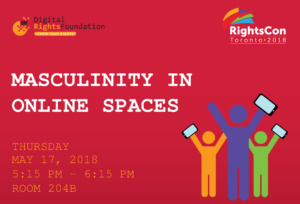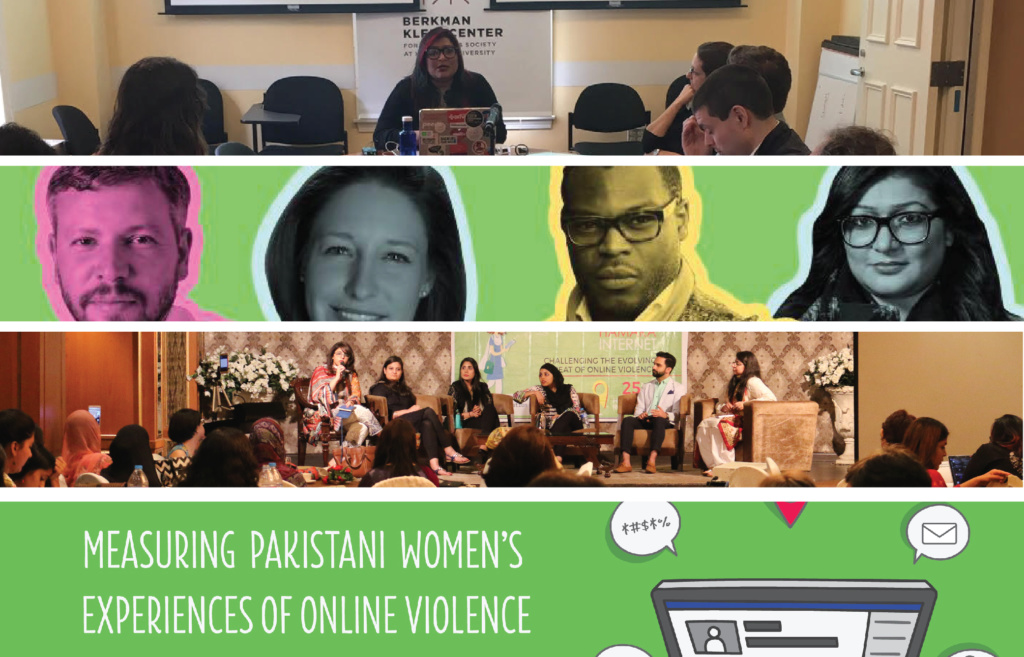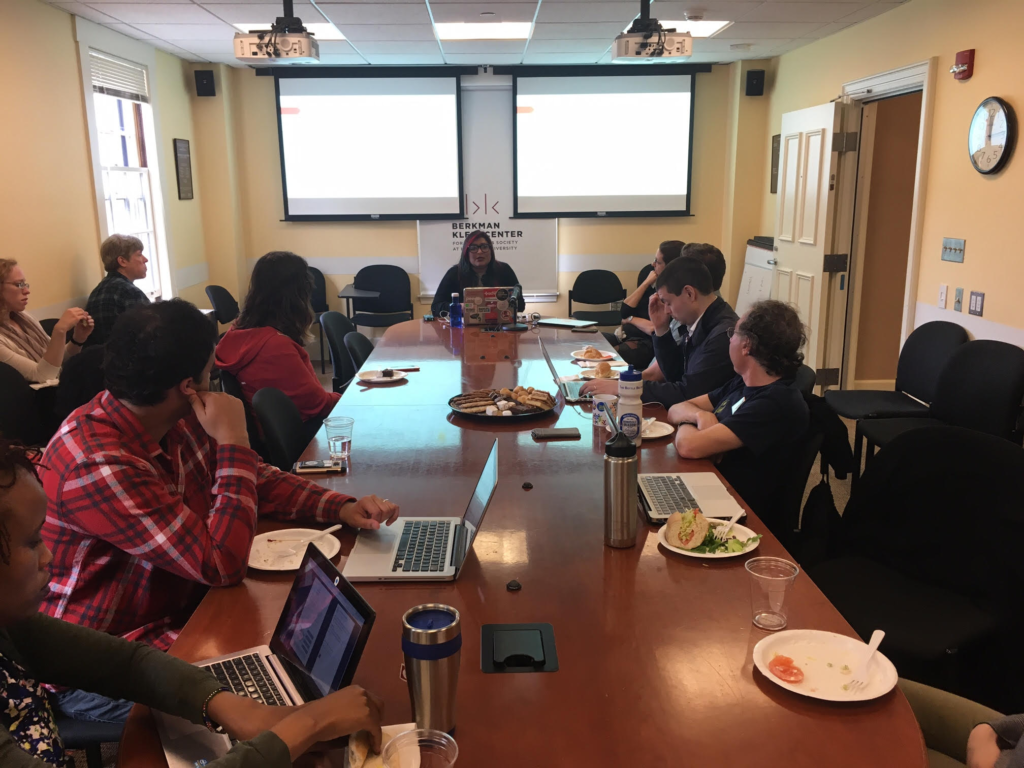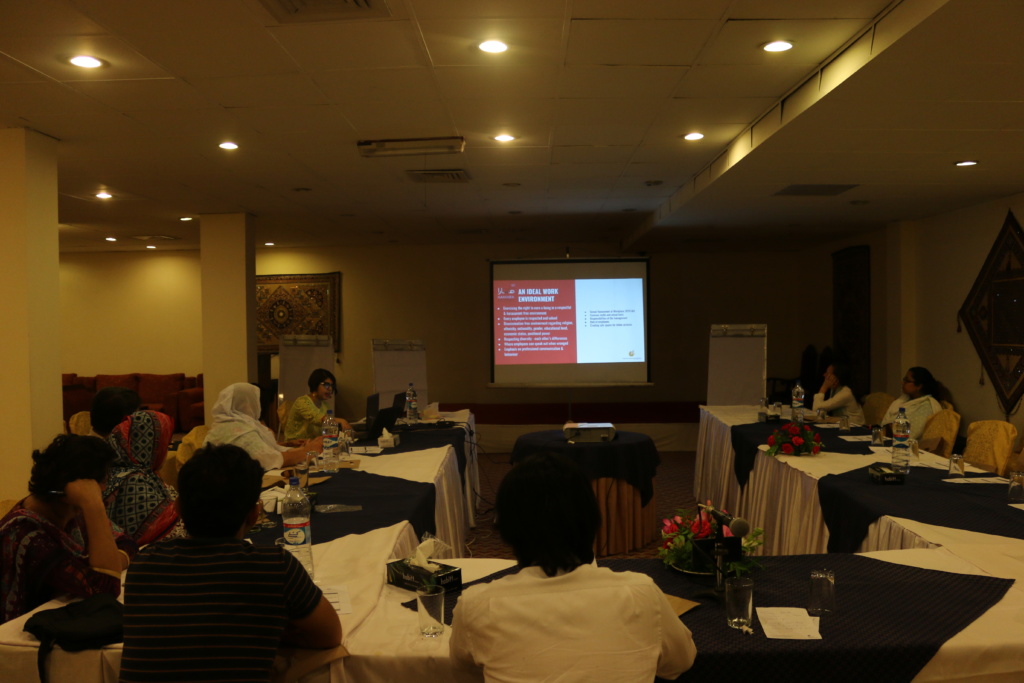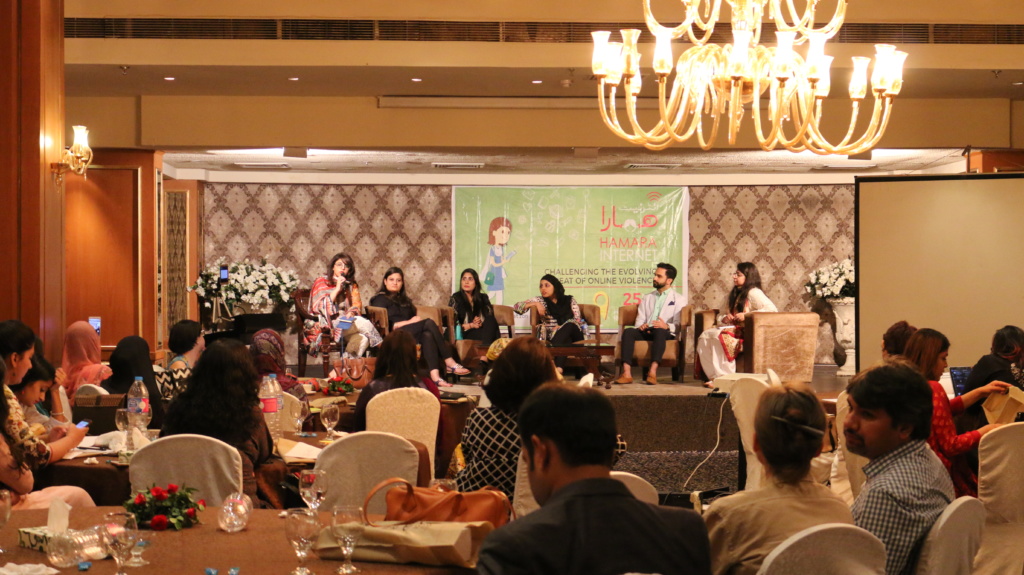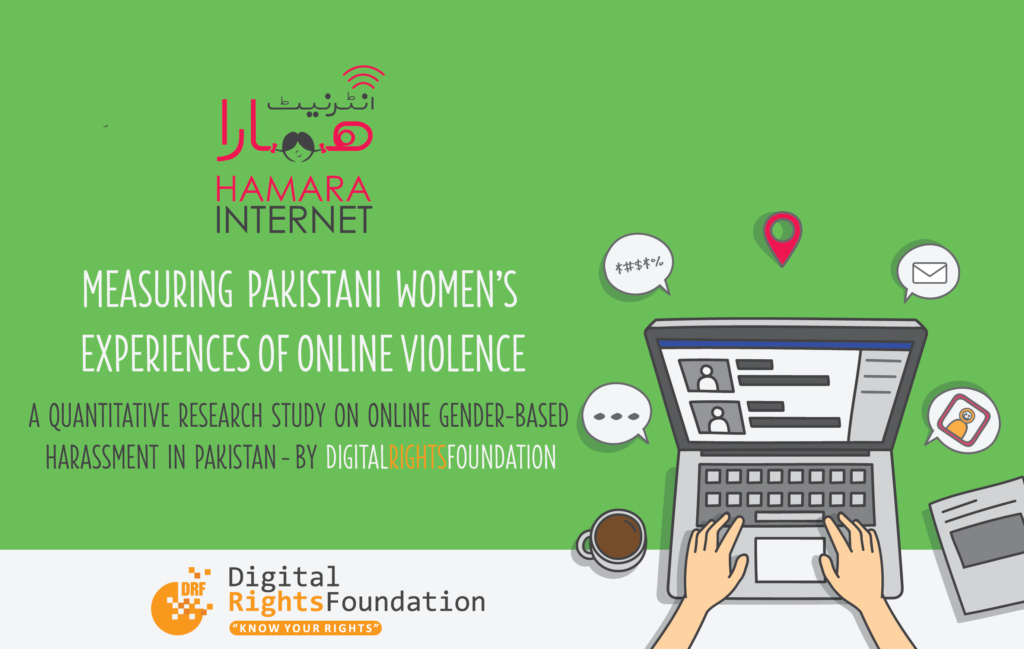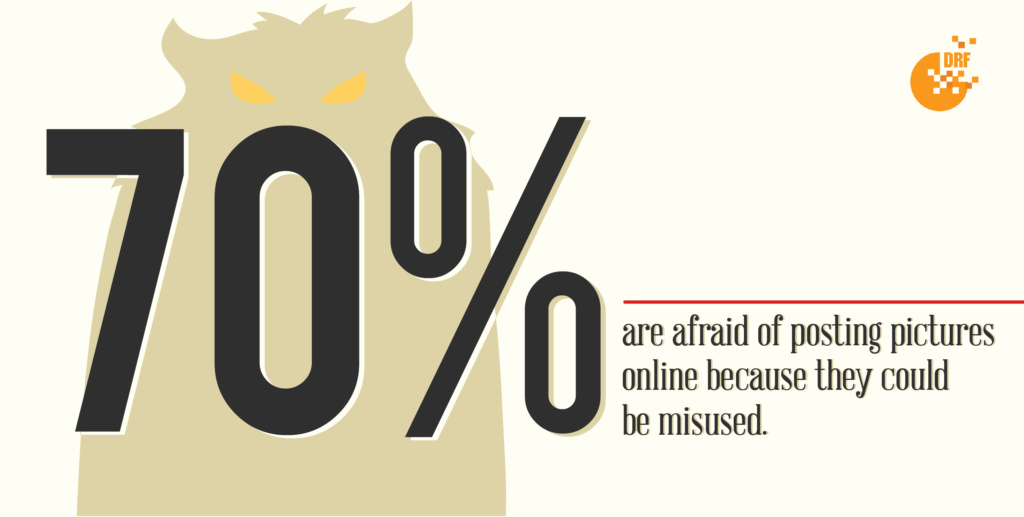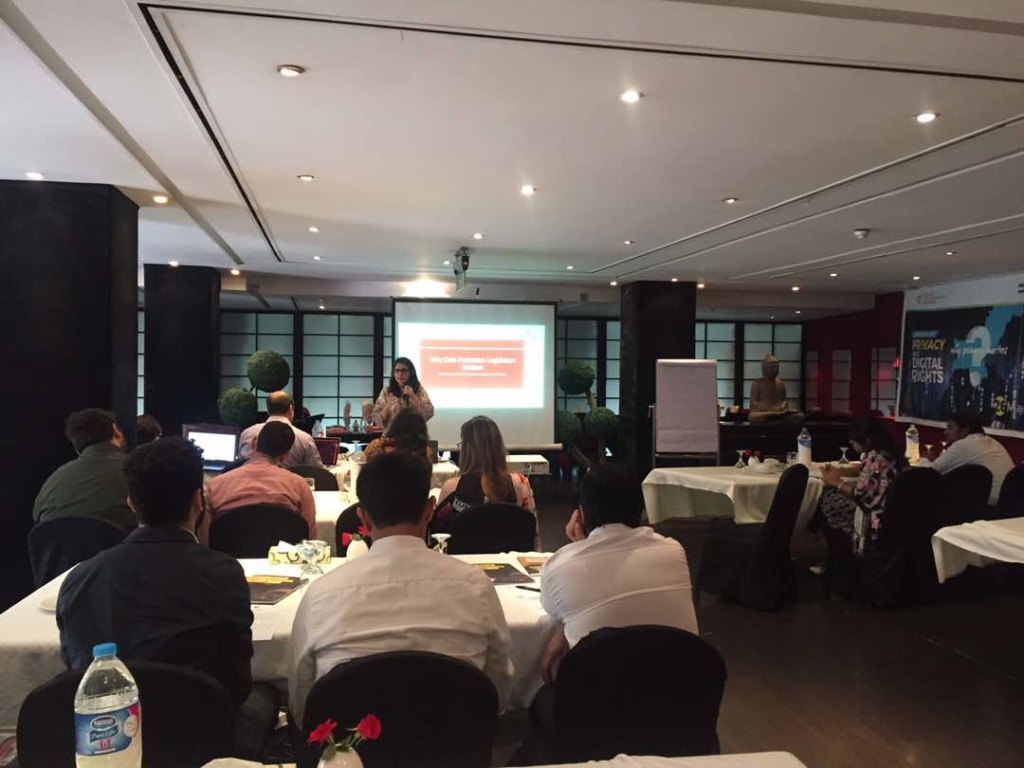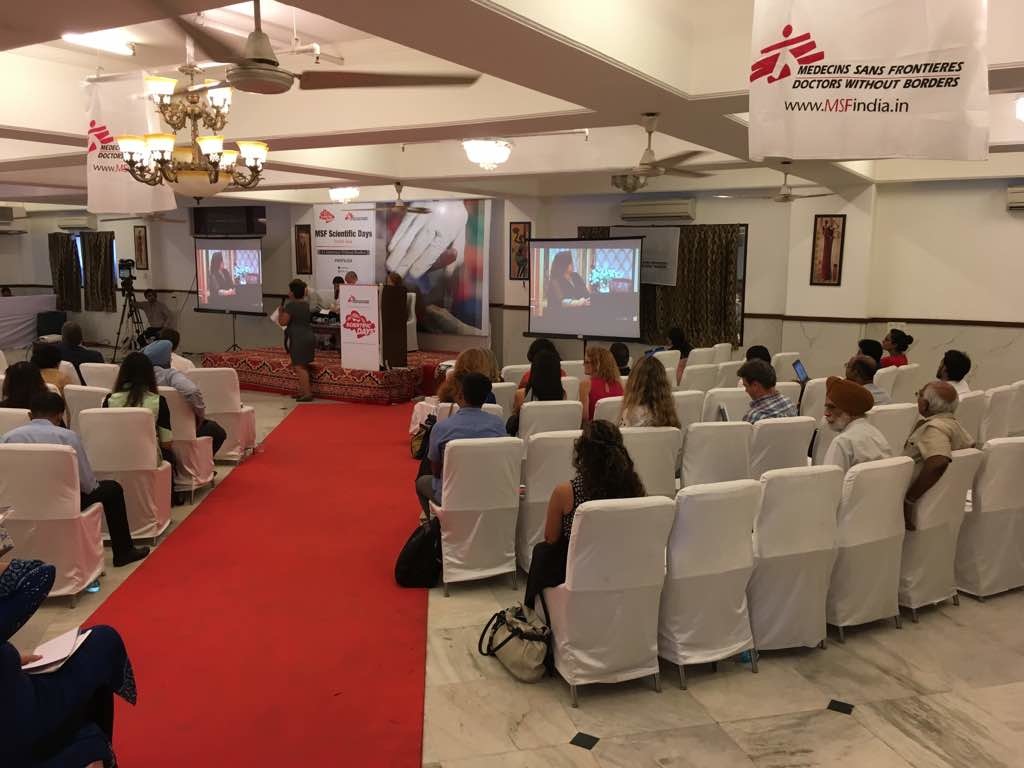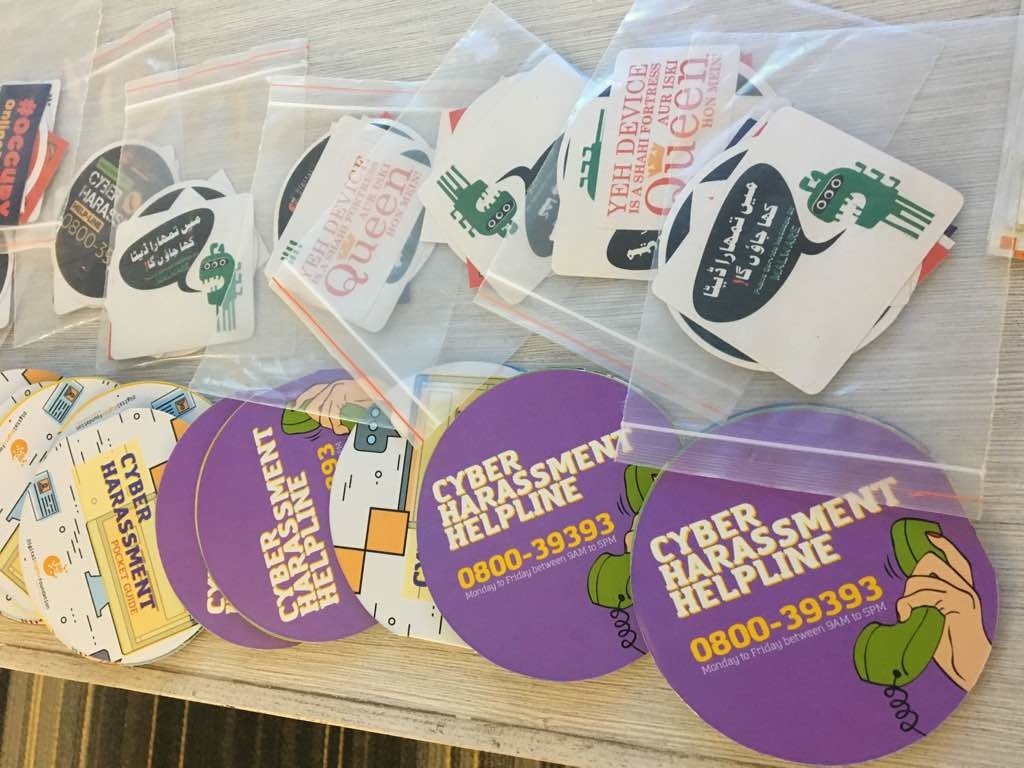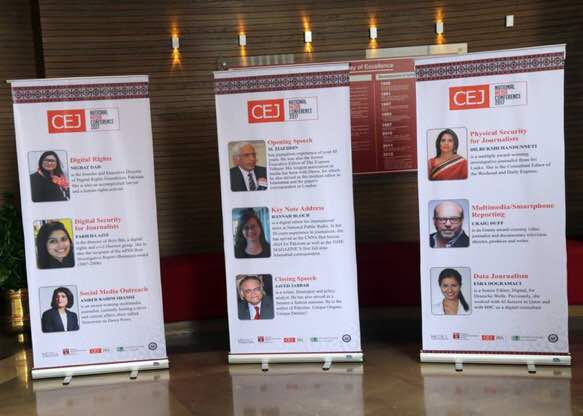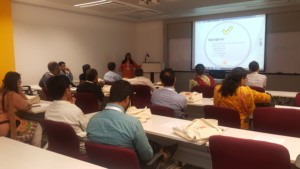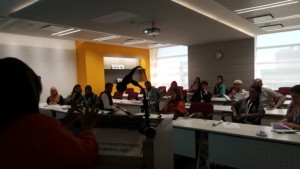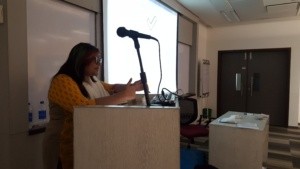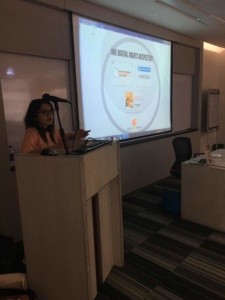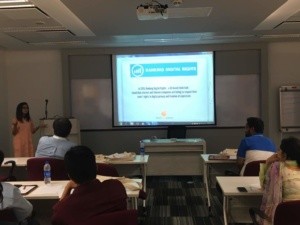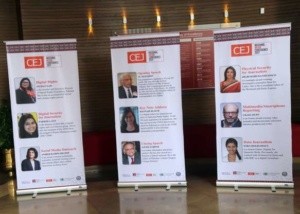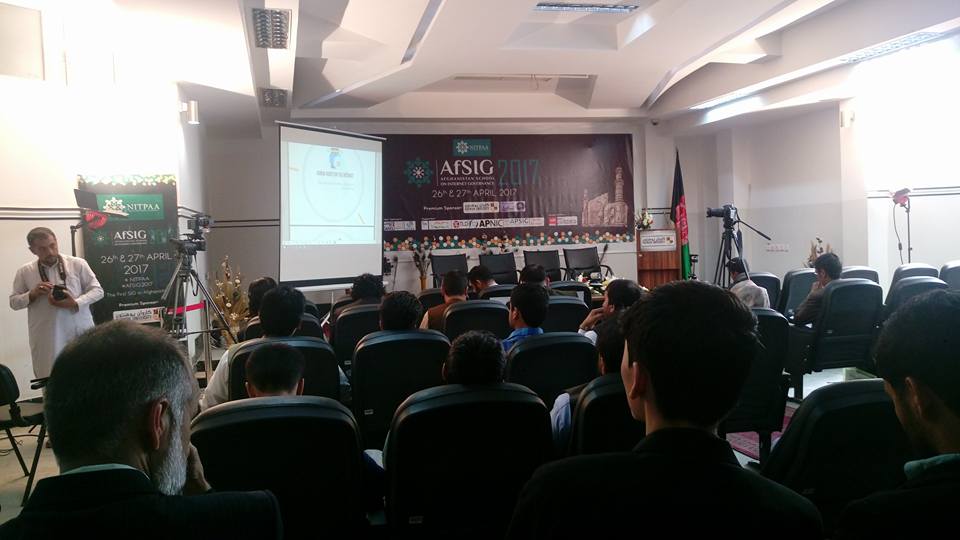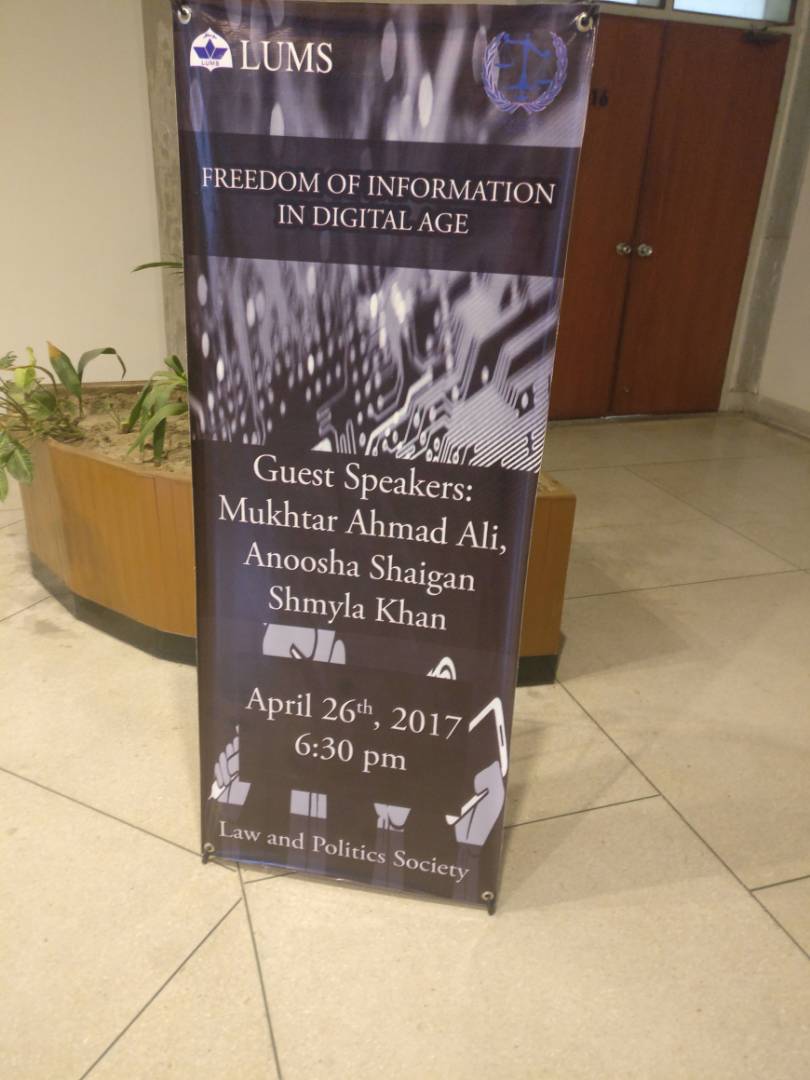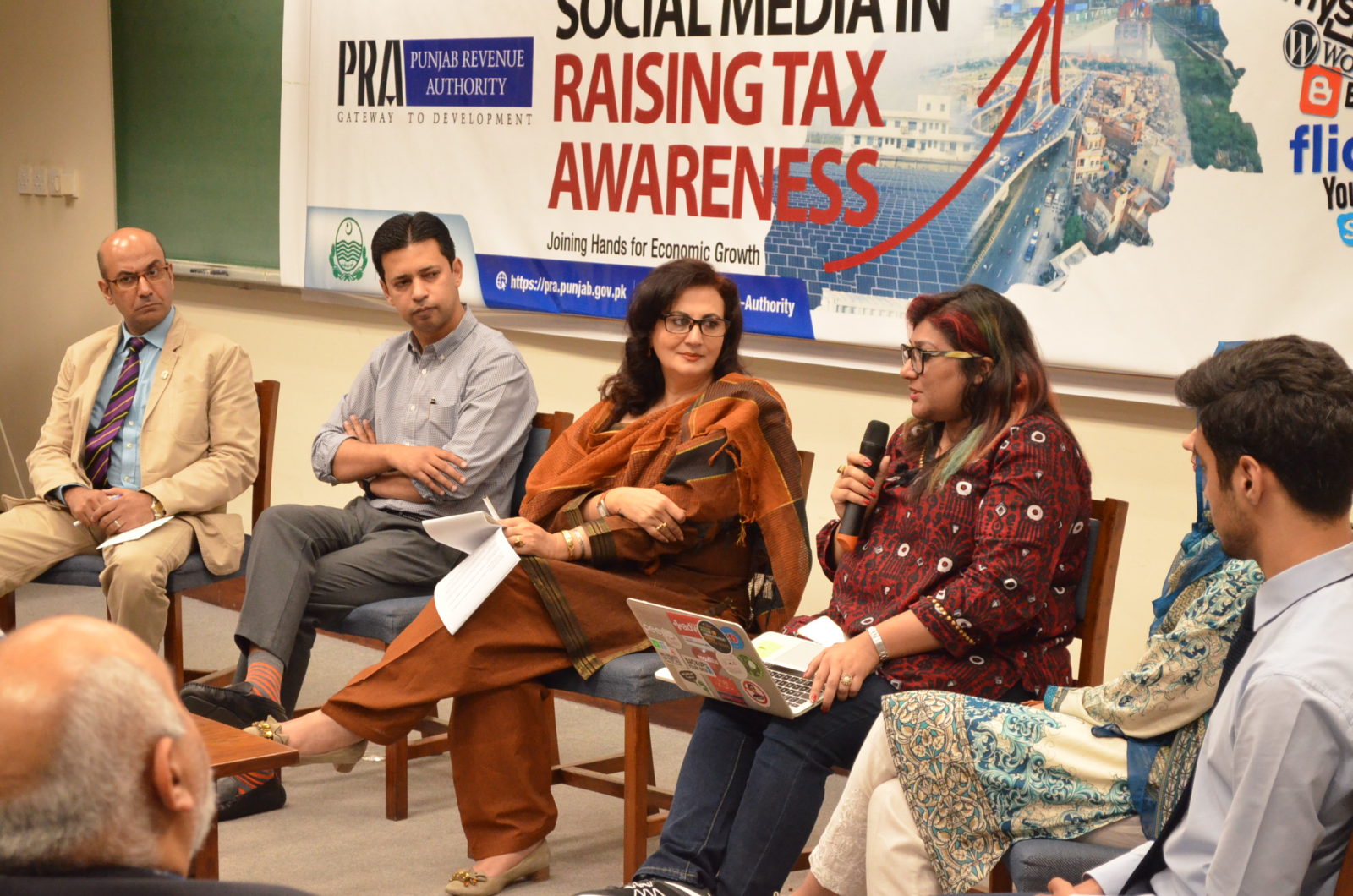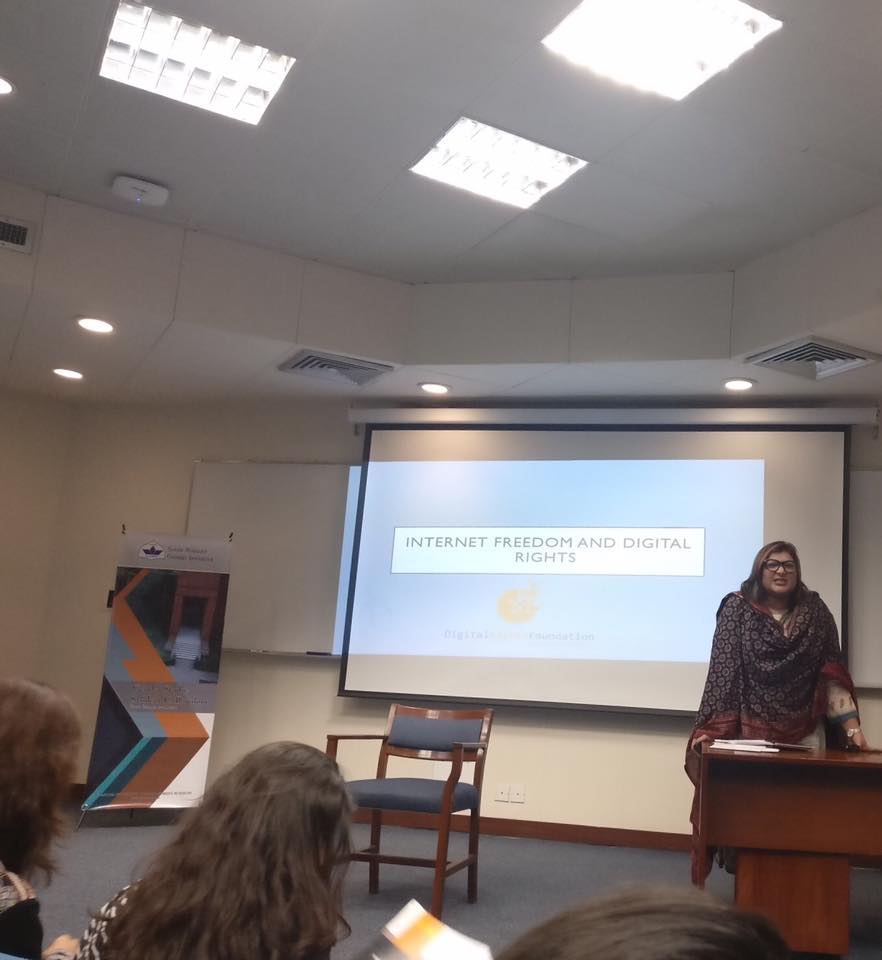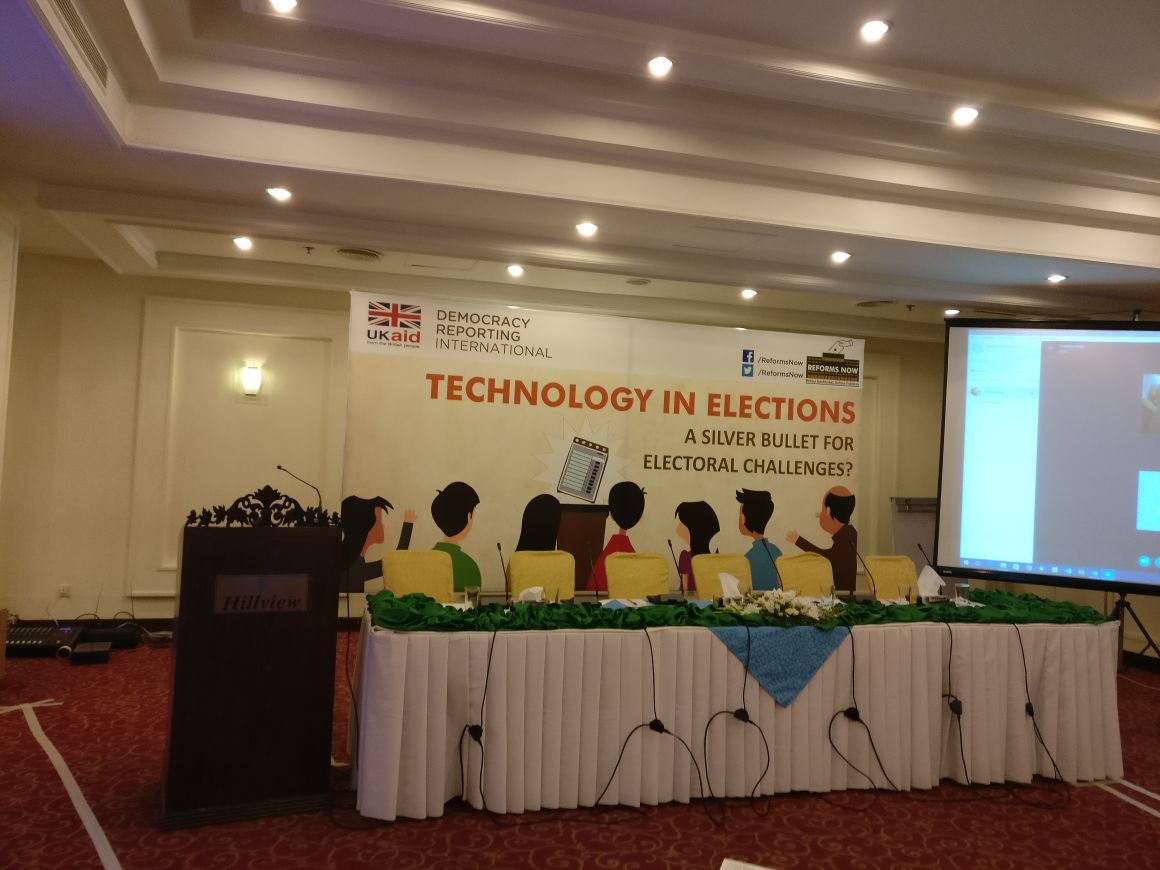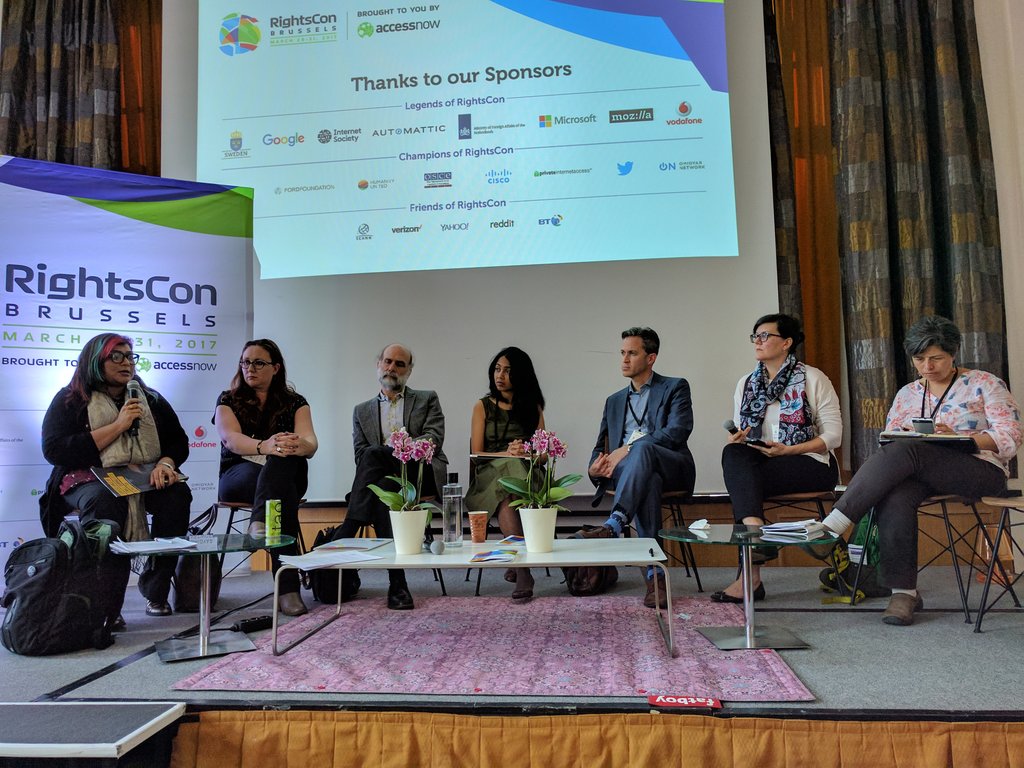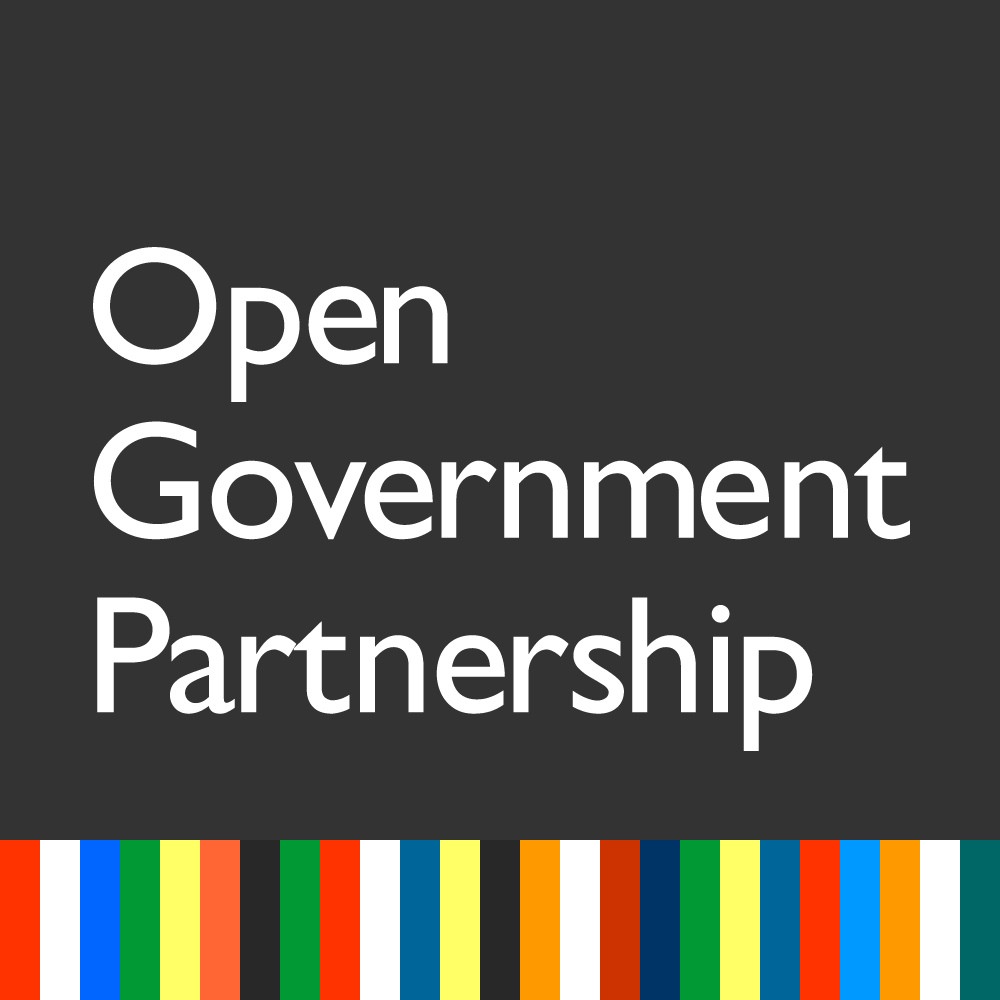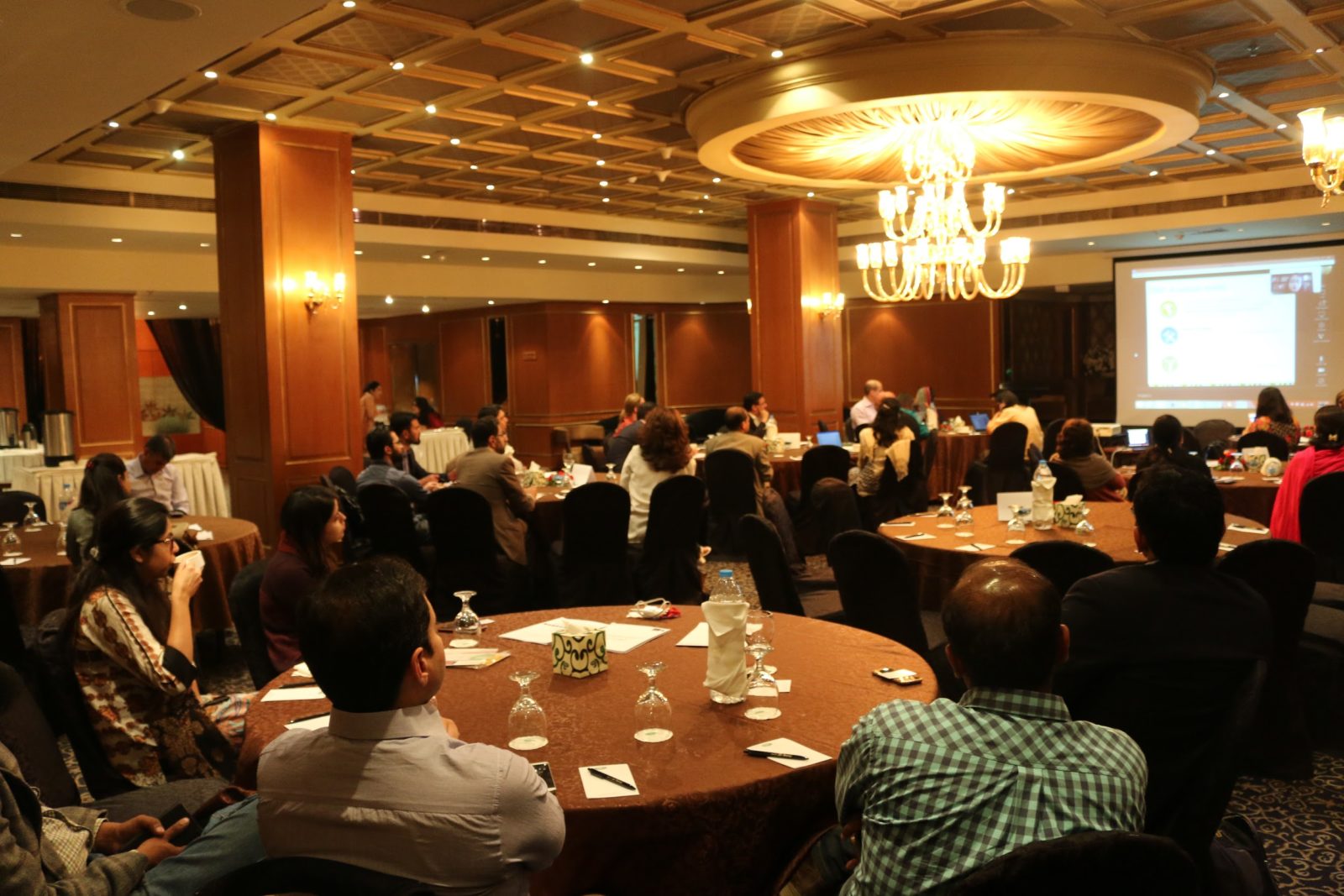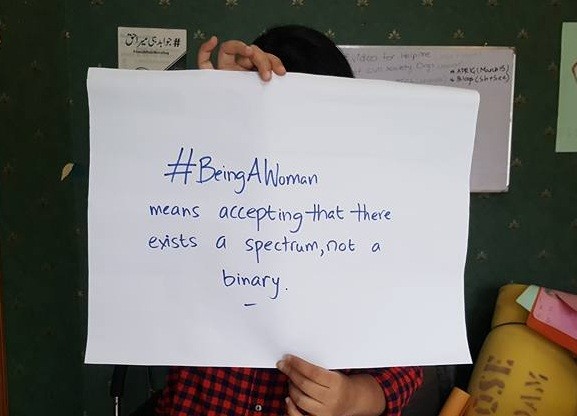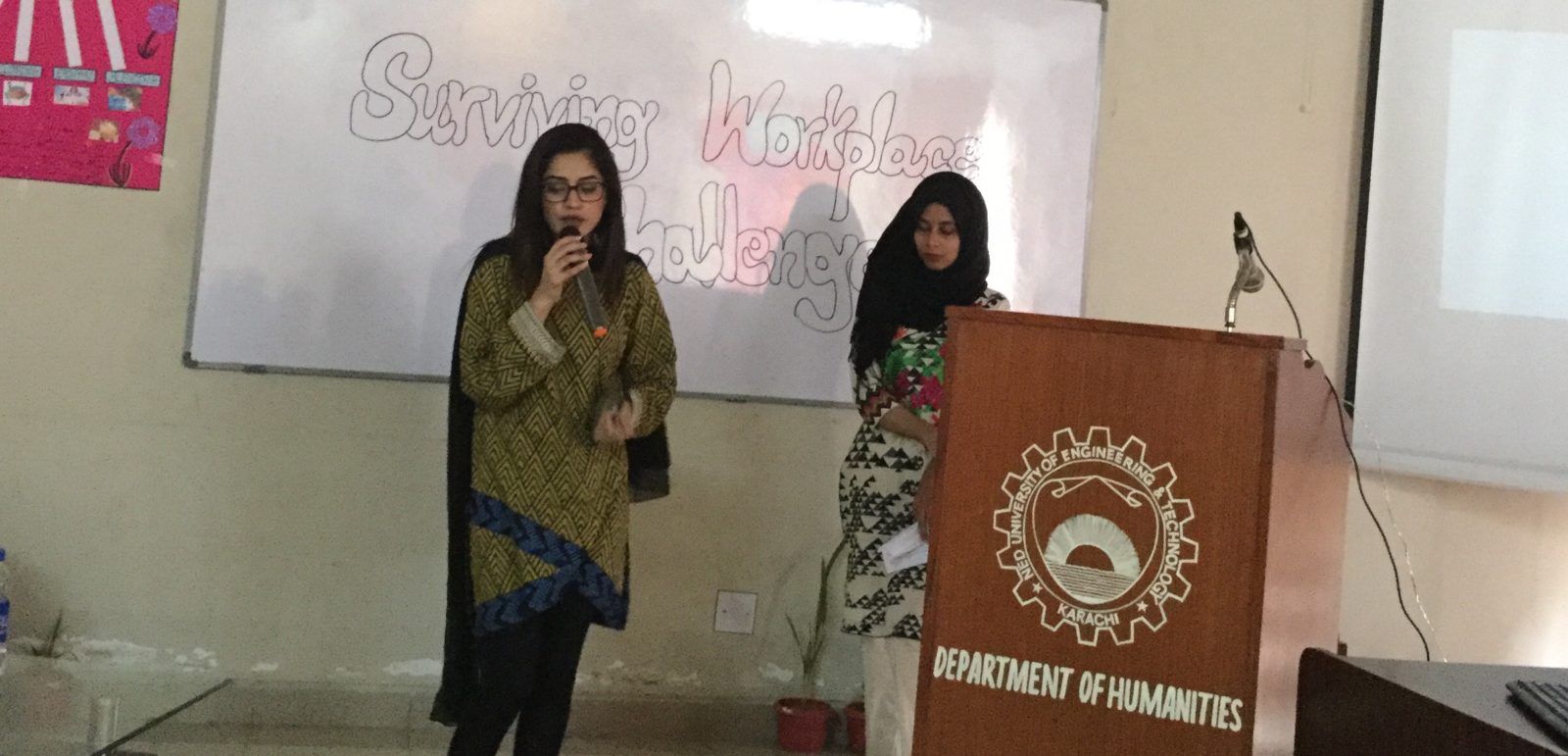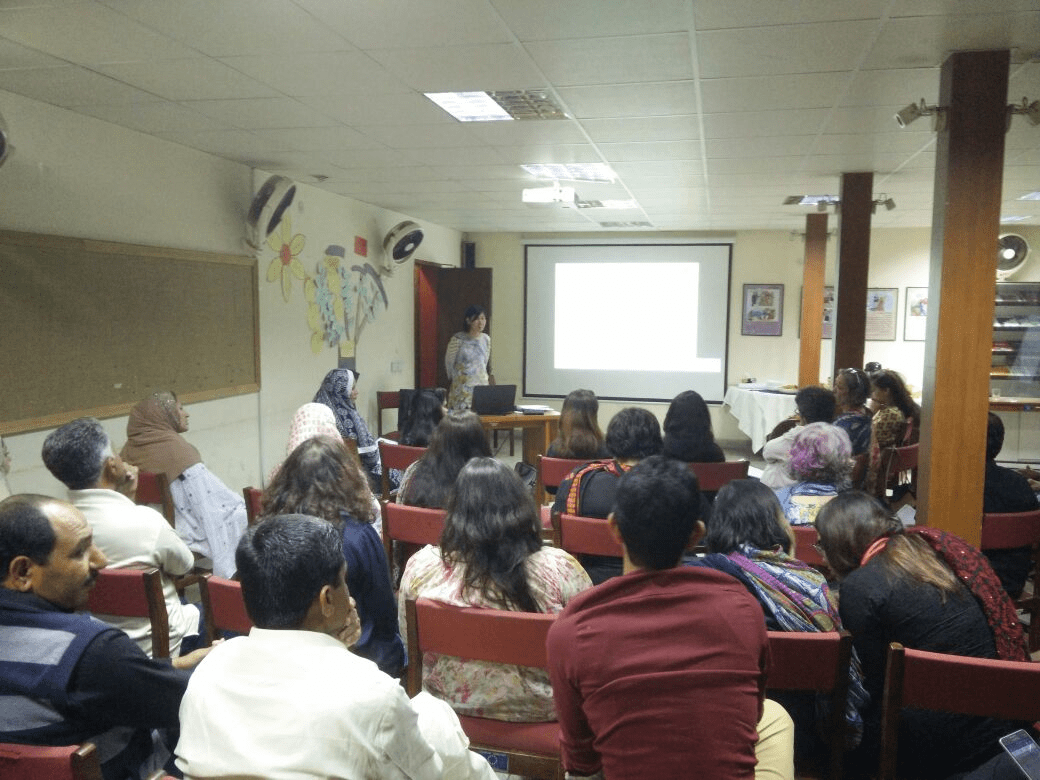October 6, 2023 - Comments Off on Digital Rights Foundation at the Internet Governance Forum 2023
Digital Rights Foundation at the Internet Governance Forum 2023
Digital Rights Foundation (DRF), will be attending and speaking at the 18th annual meeting of the Internet Governance Forum, hosted by the Government of Japan in Kyoto from 8th to 12th October 2023. The overarching theme of the convening this year will be - The Internet We Want - Empowering All People, which aims to create a digital world that is inclusive, equitable, and safe for individiuals across the globe. IGF provides multistakeholder avenues for civil society, private companies, technical communities and governments from around the world to come together and discuss key digital rights themes like emerging technologies and AI, misinformation and disinformation, data protection, privacy, content moderation, online gender based violence amongst others.
DRF has had a longstanding history of working around these key themes from the Asia Pacific region and will be making important interventions and contributions in the conference this year on gendered disinformation, governing AI and algorithmic bias and platform accountability.
Here’s a list of sessions we’ll be part of and to keep a lookout for at IGF this year where you can meet us:
Global South perspectives on governing AI | Lightning Talk
IGF Day 0 | Sunday, 8th October
1:50 PM - 2:10 PM PKT | 17:50 - 18:10 JST
Hyra Basit, Program Manager Cyber Harassment Helpline and Aqsa Javed, Legal Associate
Artificial Intelligence (“AI”) is rapidly evolving with its integration into our lives and governing all aspsects of our lives one way or the other. AI and emerging technologies are developing and transforming various sectors of society at an unprecedented rate and even though this advancement brings about various positive outcomes, it is important to recognize that these trends can have potential threats to privacy rights and online user data safety.
DRF will be presenting a lightning talk around the different governing models and mechanisms being adopted by the Global majority to regulate AI. The lightning talk will also be shedding light on how regulations imposed by countries in the global majority particularly South Asia are not necessarily following fundamental human rights principles and the right to privacy.
This lightning talk will serve as an opportunity to explore current legal frameworks and their human rights implications in the ever evolving world of AI.
For further details click here.
Networking for Information Integrity in Asia and Globally
IGF Day 3 | Wednesday, 11th October
11:15 AM - 12:15 PM PKT | 3:15 PM - 4:15 PM JST
Hyra Basit, Program Manager Cyber Harassment Helpline DRF will be speaking on this panel and Seerat Khan, Program Lead DRF will be moderating it
DRF will be speaking at the National Democratic Insituties (NDI) session on ‘Networking for Information Integrity in Asia and Globally’. The session will highlight the work of NDI’s “Info/tegrity Network” which is a network of individuals and civil society organizations throughout Asia, as well as globally working together to promote the integrity of the information space. DRF’s Program Manager Hyra Basit will be a speaker at the session highlighting the work of the cyber harassment helpline as a resource for activists, human rights defenders and journalists by providing recourse and help around online safety, legal procedures and psycho-social well-being. DRF will also be highlighting its mental health toolkit for journalists and its manuals developed around fact checking and source verification to debunk misinformation and disinformation online.
For further details of the session click here.
Viewing Disinformation from a Global Governance Perspective
IGF Day 3 | Wednesday, 11th October
9:00 AM - 10:30 AM PKT | 1:00 PM - 2:30 PM JST
Nighat Dad, Executive Director DRF
DRF will be part of a workshop organized by Association for Progressive Communications (APC), Berlin Social Science Center and then Columbia Institute for Tele-Information on ‘Viewing Disinformation from a Global Governance Perspective’. The workshop will be looking to tackle the problem of disinformation and providing solutions around the evolving global Internet governance system with respect to human rights and an internsectional approach. DRF’s Executive Director, Nighat Dad, will be a speaker at the workshop addressing disinformation and the harms caused by disinformation in the Asia Pacific region with the rise of gendered disinformation in the region. She will also be highlighting governance initiatves around disinformation and the need for existing international instruments in governing disinformation in online spaces.
For furhter details click here.
Our commitment to driving conversations about the future of the internet will be reflected in our active participation in these interventions. These discussions will help us advance our mission of creating a more equitable and inclusive digital landscape across the globe.
We look forward to meeting and having multistakeholder dialogues together for the , Internet We Want that empowers all people particiularly people residing in the global majority.
You can register online to attend IGF 2023 here.
About DRF
Digital Rights Foundation (DRF) is a women-led, not-for-profit organisation based in Pakistan working on digital freedoms since 2013. DRF envisions a place where all people, especially women and gender minorities, can exercise their right of expression without being threatened. DRF believes that a free internet with access to information and impeccable privacy policies can create safe online spaces for not only women but the world at large.

